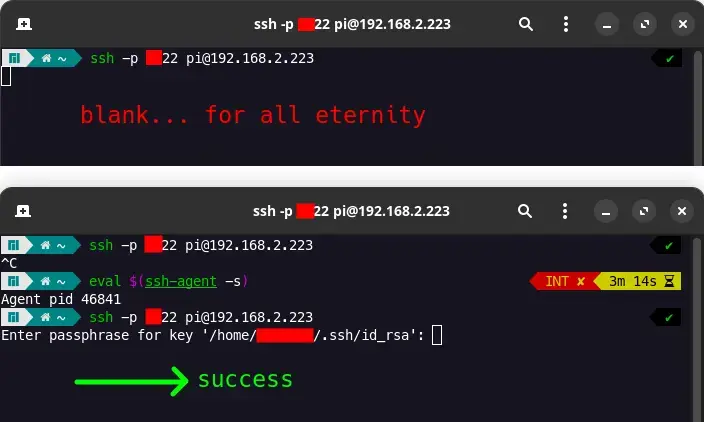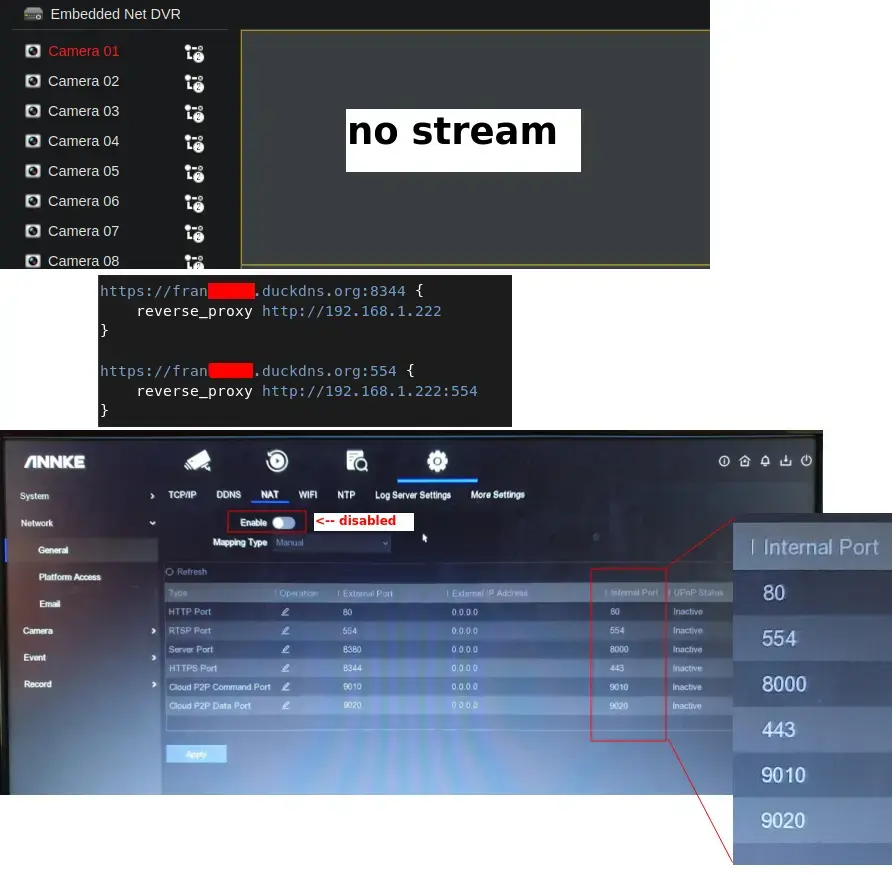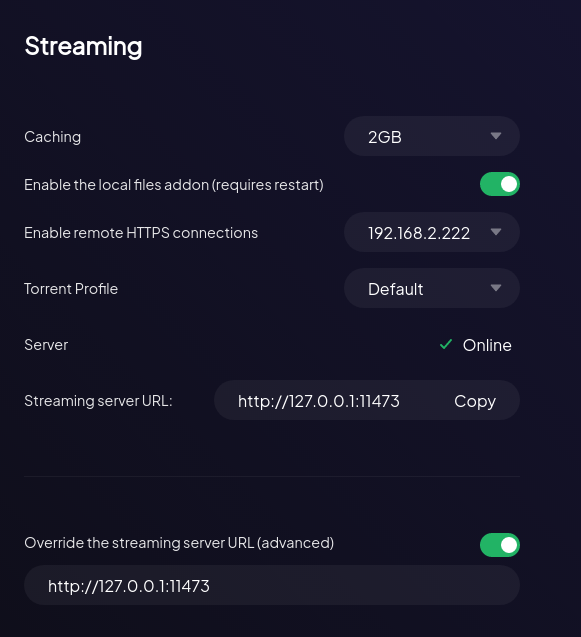dysprosium
Hmm so I guess moral of the story is going underground if you have to face these unfair mobs anyway.
It's the more logical and safer option I'd say, even if it's the other way around legally speaking.
Wait, how do you use Mihon to connect to your own server? Do you need to build your own source app for that? Is that what Komga is? Idk please explain. I'm already self-hosting othet stuff.
Okay I see but I thought they immunized themselves against legal business likes cease and desist letters, since that's what got the original project Tachiyomi into Jeopardy.
I thought they accomplished this by going fully anonymous, but this has always been a guess on my part.
I don't see what the problem is. Sure, someone else taking credit and making some money off some merchandise, but how does that threat their existence?
Missed donations? And making Mihon more of a legal target? (Although how exactly?)
Perhaps just blocking it with a white box and then converting it into an image-only pdf. This makes the file much bigger but will keep the exact same layout while also removing the text blocked by the white box.
Or does it have any interactive elements? What do you mean by "layers"?
If they not afraid to violate copyright it's only a matter of time before they start using the n-word again...
Wutt
That M.2 is the first to break its neck
Huh, but I got the idea that OP's internet wasn't still up. His router acting up would indicate to me that he'd be offline, no? And therefore any device on his LAN
How'd you send the command remotely? Radio? Via internet would seem... ironic
And computers all the way up





Why should public transport be free? There are energy and building costs